Optimizing Investment Planning of Integrated Multi-Energy Systems
Iris van Beuzekom defended her PhD thesis at the department of Electrical Engineering on December 13th.

Our cities are facing major challenges, being both the largest contributors to carbon emissions as well as the most affected by climate change. Urban decision makers have set stringent climate targets, often ahead of national policies. However, it is challenging to design a pathway today towards those targets given that, for example, current energy system is largely non-electric and the required energy transition from a mostly fossil to a sustainable energy system is highly uncertain. From her PhD research, Iris van Beuzekom proposes a framework to optimize investments of integrated multi-energy systems to support urban decision makers, and tested the framework on the city of Eindhoven.
It is challenging to design a pathway towards climate targets for urban centers for a number of reasons. Most sustainable energy sources generate electricity, yet the current energy system is largely non-electric; most sustainable energy sources are weather dependent and generate this electricity in a variable manner; and the required energy transition from a mostly fossil to a sustainable energy system is highly uncertain and dependent on local, national, and even international developments.
To support urban decision makers in designing the transition of their energy system from today to a sustainable future, in her PhD thesis, Iris van Beuzekom proposes a framework to optimize investments of integrated multi-energy systems. This multi-energy framework includes investments in energy networks, conversion, storage, and supply assets, and ensures that urban climate goals are reached, and that the energy system remains reliable.
Validation
To validate and demonstrate the framework, van Beuzekom considered an urban case study of the city of Eindhoven that includes all of the energy networks present in the city, electricity, gas, and heat, and aligns with the stringent climate goals of the city and its corresponding timeline: reaching a 95% CO2-emissions reduction by 2050.
The case combines multiple data sets based on the city's energy demand development, asset data and technological developments, and relevant socio-economic parameters. In biannual time steps from today to 2050, the required investments in the city's energy infrastructure are optimized and an energy transition plan is generated. The framework was then tested on two specific aspects.
Climate policy variations and long-term weather variations
First, the framework was tested on climate policy variations and long-term weather variations. Eight climate policy scenarios were generated, from a business-as-usual scenario with no carbon emission reductions, to a scenario where CO2-emissions are reduced to zero by 2030.
A more stringent policy leads to higher investment costs, yet with significantly less cumulative CO2-emissions. A delayed climate policy can reduce required investments up to 2050. However, this delay in climate action seriously increases the level of emissions, which can have considerable consequences for the global temperature increase. This is an important finding and demonstrates the real-world value of the framework for decision makers, as well as the deliberations they engage in to make policy decisions.
Long-term weather variations included in the framework were based on historical weather data and the resulting supply outputs were varied in amplitude and in absolute numbers. Again, more challenging scenarios were shown to require more investments. The main difference was found in the operational response of the energy system. Weather variations cause variations in the electrical energy supply to which heat- and gas - related conversion and storage assets respond. This confirms the potential of a multi-energy system to absorb weather fluctuations.
Deep uncertainty
Second, the framework was tested on so-called deep uncertainty, which occurs when multiple parameters affecting the energy system are uncertain simultaneously and experts cannot agree upon the level of uncertainty for each parameter.
An exploratory methodology was added to the framework to sample multiple uncertain parameters at the same time and to analyze the results. As expected, deep uncertainty has a significant impact on the spread of potential solutions.
A notable result was that the most expensive solutions are those where a high level of gas demand remains in 2050, which confirms the benefit of policies aimed at increasing energy efficiency and accelerating electrification. In addition, nearly every design requires a combination of conversion assets, again underlining the importance and added value of a multi-energy perspective.
In conclusion, the proposed multi-energy framework from van Beuzekom’s research is effective at providing trajectory solutions for the urban energy transition, despite the significant challenges and deep uncertainty surrounding it.
Title of PhD thesis: Optimizing Investment Planning of Integrated Multi-Energy Systems. Supervisors: J.G. Slootweg and Bri-Mathias Hodge (External).
Media contact
More on Sustainability
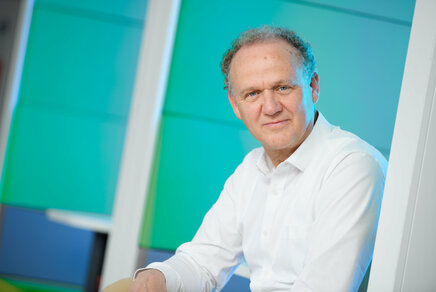
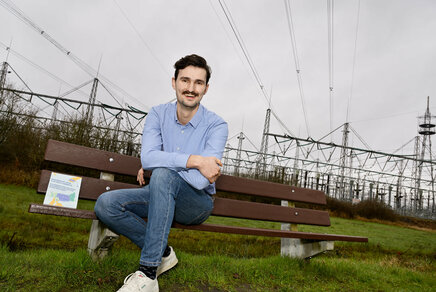
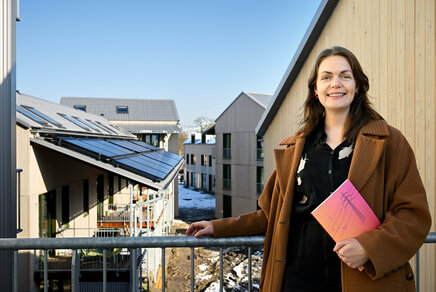
Latest news
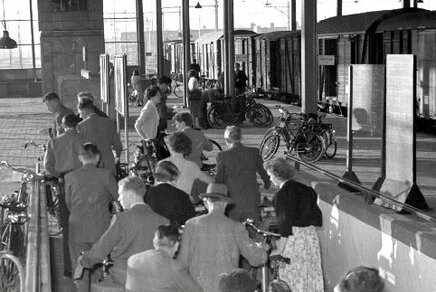
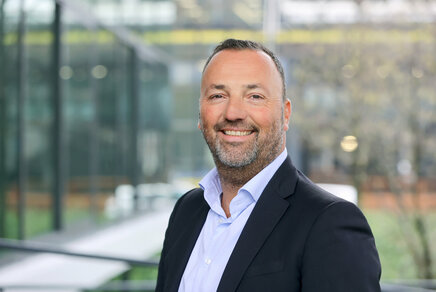
![[Translate to English:] [Translate to English:]](https://assets.w3.tue.nl/w/fileadmin/_processed_/e/0/csm_BvOF%202019_1031_BHF%20license%20TUe%20ILI%20copy_8a50884392.jpg)